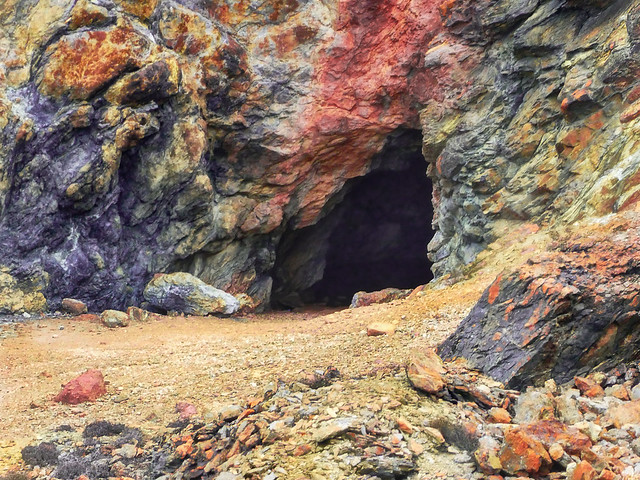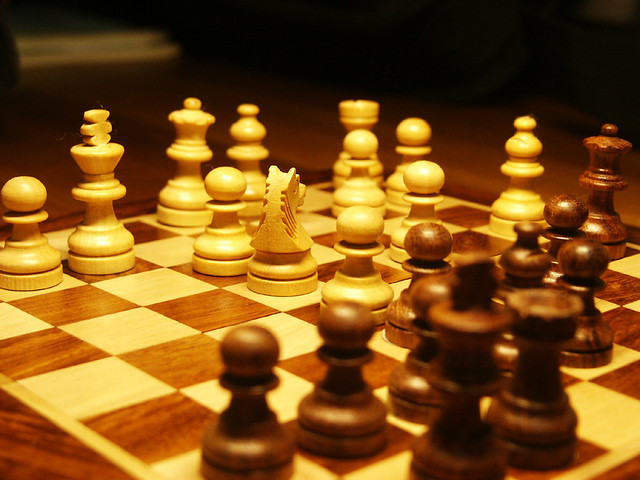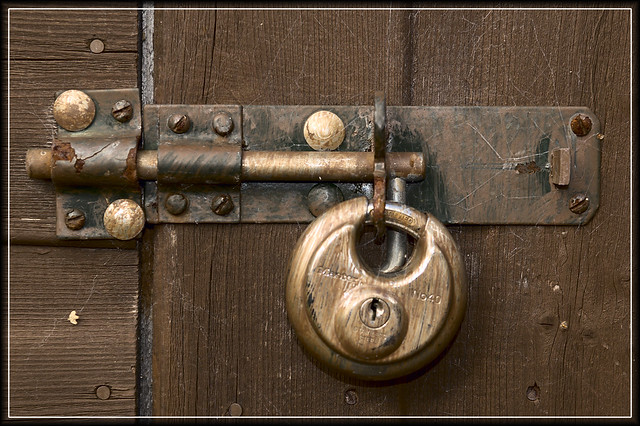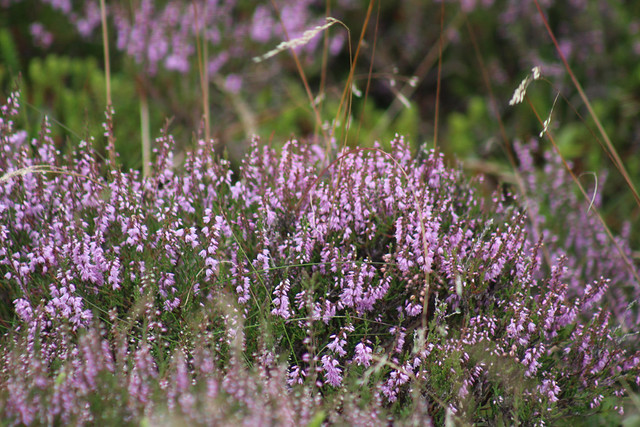Today we’re looking at the words for metal, ore, mines and related things in Celtic languages.
| Proto-Celtic | *mēnis = ore, metal, mine |
|---|---|
| Old Irish (Goídelc) | méin, mían [mʲeːnʲ] = mineral, ore, metal |
| Middle Irish (Goídelc) | méin, mían [mʲeːnʲ] = mineral, ore, metal míanach = vein of ore, mine míanaige = miner |
| Irish (Gaeilge) | mianach = ore; stuff, material, substance, quality mianadóir = miner mianrach = mineral mianreolaí = mineralogist mianreolaíocht = mineralogy mianadóireacht = mining; burrowing, excavating, digging deep |
| Scottish Gaelic (Gàidhlig) | mèinn [mɛːn̪ʲ] = mine, ore mèinnear, mèinneadair = miner mèinnireach = mineral mèinn-guail = coal mine, colliery mèinn-talmhainn = landmine mèinn salainn = salt mine mèinneadh = mining mèinnearach = mining mèinn-eòlas = mineralogy mèinneadh = mineralogical mèinnearach = mineralogist |
| Manx (Gaelg) | meain = ore, mine meainagh = ore meain-oayllys, meaineraght = metallurgy meain-oaylee, meaineraght = mineralogist meain arih = gold mine meain argid = silver mine meain chobbyr = copper mine meain gheayil = coal mine, colliery meain hollan = salt mine meain leoaie = lead mine |
| Proto-Brythonic | *muɨn = ore, metal, mine |
| Middle Welsh (Kymraec) | mwyn, mŵn = mineral, ore, mine |
| Welsh (Cymraeg) | mwyn = mineral, ore, mine mwynwr = miner, sapper mwyn arian = silver ore, silver mine mwyn aur = gold ore, gold mine mwyn cellt = quartz mwyn coch = red lead, red ochre, haematite, other red ores mwyn copr = copper ore, copper mine mywn du = blacklead, graphite mwyn efydd = copper ore, copper mine mwyn haearn = iron ore |
| Cornish (Kernewek) | moon = fusible metal mineral, mineral |
| Middle Breton | *men = iron |
| Breton (Brezhoneg) | mengleuz = quarry, slate quarry, mine mengleuzer = slate quarry worker mengleuzerezh = mining industry mengleuziañ = to mine mengleuziek = mining mengleuzier = quarryman |
Words marked with a * are reconstructions.
Etymology: probably from the Proto-Indo-European *mēy(H)nis, from *(s)mēy(H)- (to cut, hew) [source].
The English word mine (an excavation from which ore or solid minerals are taken) comes from the same Proto-Celtic root, via the Old French myne, mine, the Late Latin mina and Gaulish [source].
| Middle Irish (Goídelc) | mital(l) = metal |
|---|---|
| Irish (Gaeilge) | miotal [ˈmʲɪt̪ˠəlˠ] = metal; mettle, spirit, hardihood miotalach = metallic; mettlesome, spirited; hardy, wiry miotalagrafaíocht = metallography miotalóir = metallurgist miotalóireach = metallurgic(al) miotalóireacht = metal-work, metallurgy |
| Scottish Gaelic (Gàidhlig) | miotal, meiteal = metal = miner meatailteach = metallic obair-mheatailtean, obair-mheatailt = metalwork, metallurgy meatailt uasal = precious metal |
| Manx (Gaelg) | metal = metal |
| Middle Welsh (Kymraec) | mettel = metal |
| Welsh (Cymraeg) | metel, metal = metal, metal weapon or armour; substance, mettle, bravery, courage metelaidd, metelig = metallic meteleg = metallurgy metelegol = metallurgical metelegwr, metelegydd = metallurgist |
| Cornish (Kernewek) | metol = metal metolyek = metallic |
| Breton (Brezhoneg) | metal = metal metalerezh = metallurgy metalour = metallurgist |
Etymology (Welsh): from the Middle English metel(l), metal(l) (metal, ore), from the Old French metal (metal), from the Latin metallum (metal, precious metals, mine), from the Ancient Greek μέταλλον (métallon – metal, precious metals, mine) [source].
Etymology (Irish): from the Old French metal (metal), then as above [source].
The English word metal comes from the same roots, via Middle English, Old French, etc [source]. The word mettle (a quality of endurance and courage) was originally a variant of metal, and later came to have a figurative sense [source].
Sources: Wiktionary, Am Faclair Beag, Online Manx Dictionary, Teanglann.ie, eDIL – Electronic Dictionary of the Irish Language, In Dúil Bélrai English – Old Irish glossary, Geiriadur Prifysgol Cymru, Gerlyver Kernewek, Gerlyvyr Cernewec, Dictionaire Favereau, TermOfis, Le dictionnaire diachronique du breton, Geriafurch, English – ProtoCeltic WordList (PDF), Etymological Dictionary Of Proto Celtic









